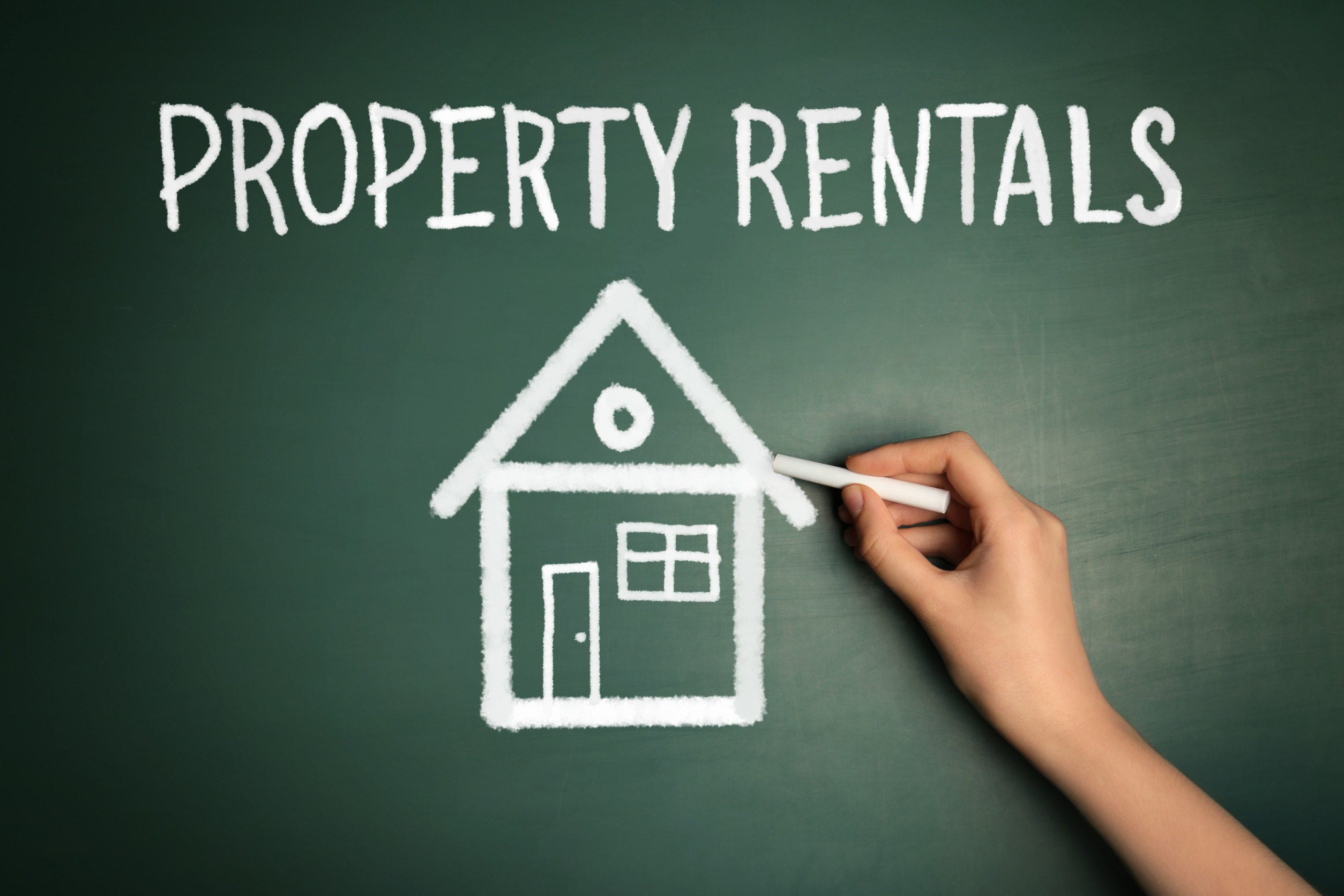If you own rental property, you may wonder if setting up an LLC for it is the best choice. Ultimately, there are plenty of benefits to using an LLC for rental property management, but there are also some drawbacks to consider. If you want to know whether an LLC is the right move for your rental property, here’s what you need to consider.
What Is an LLC?
An LLC (limited liability company) is a type of business structure. It’s one of the less complex options available, and you have the option of operating it alone, as part of a partnership, or with a group.
With an LLC, you get pass-through taxation as an option. While corporations are taxed on their profits, and then the owner’s income is also taxed, an LLC allows the profit to pass through to you without it being taxed at the company level. As a result, the earnings are only taxed as individual income, minimizing how much you’ll spend in taxes.
The Benefits of Forming an LLC for Your Rental Property
Limiting Personal Liability
The primary benefit of setting up an LLC for rental property is that it limits your personal liability. Essentially, if you own a rental property as an individual, if someone files a lawsuit relating to that property, your personal assets are at risk. With an LLC, you separate your personal assets from your rental properties, reducing your risk dramatically.
Creating Property Separation
When you’re setting up an LLC, you aren’t restricted to just one. Instead, each rental property you own could be part of its own LLC. With that, a lawsuit involving one property doesn’t inherently impact any of your other rentals, providing your broader rental operation with some protection.
Simplified Expense Management
Starting an LLC can help you access business bank accounts. Then, you can open an account specifically for your LLC and use it to manage all related income and expenses. That centralizes the related banking activities, and that can make tracking the associated spending and claiming operating costs on your taxes more straightforward than if it was done through your personal account.
The Drawbacks of Forming an LLC for Your Rental Property
Getting a Mortgage Is Harder
In many cases, buying or refinancing property under an LLC is harder than doing so as a homeowner. Lenders often have more stringent requirements related to investment or company-owned properties, so qualifying for a mortgage may not be as straightforward as you expect.
Mortgage Interest Rates May Be Higher
Along with mortgages being harder to get when they’re acquired through your LLC, the interest rate you’re charged may be higher. How much higher will vary depending on several factors, but it can be a significant difference.
LLCs Have Ongoing Costs
Operating an LLC does come with ongoing expenses related specifically to keeping the company compliant with local regulations. You’ll have to pay for annual filings. Plus, you’ll need to renew any related licenses or permits, and those can come with fees every year.
How to Decide If Forming an LLC for a Rental Property Is Right for You
Setting up an LLC for a rental property does come with benefits, but there are also downsides to going that route. As a result, you need to determine if the pros outweigh the cons in your eyes as a starting point.
It’s also wise to explore some alternatives to setting up an LLC. For example, some people may find that an umbrella insurance policy – sometimes referred to as landlord insurance – provides them with enough protection without the hassles associated with an LLC. You may also determine that another business structure is a better fit.
Ultimately, an LLC can be the best move for some rental property owners, but it may not be the ideal option in all cases. Research the paths available to you, then select the one that works for your situation.
How to Set Up an LLC for Rental Property
First and foremost, it’s critical to note that how LLCs are set up does vary by state. However, many of the core parts of the process are highly similar.
You’ll need to find an available name for your LLC as a starting point. Creating the Articles of Organization and an LLC Operating Agreement, and you might need to publish a Notice of Intent. You’ll also need to secure any licenses or permits that are required in your state and register the LLC with the appropriate state entity. Setting up a business bank account is wise, as well as updating rental leases to show the LLC as the owner.
It is critical to note that if your rental property has a mortgage associated with it, you’ll need to contact your bank to find out whether you can transfer the title to the LLC. Additionally, you’ll want to find out if there are any expenses related to making that change, such as an interest rate adjustment or various fees.
Once your LLC is set up, you may have certain ongoing costs, too. For example, many states have an annual fee requirement, and you might need to pay specific state or franchise taxes.
Do you think that forming an LLC for rental property is a smart move, or do you feel that it’s unnecessary? Did you form an LLC to manage your rental property and want to tell others about your experience? Share your thoughts in the comments below.
Read More:
(Visited 5 times, 5 visits today)
Tamila McDonald has worked as a Financial Advisor for the military for past 13 years. She has taught Personal Financial classes on every subject from credit, to life insurance, as well as all other aspects of financial management. Mrs. McDonald is a former AFCPE Accredited Financial Counselor and has helped her clients to meet their short-term and long-term financial goals.


